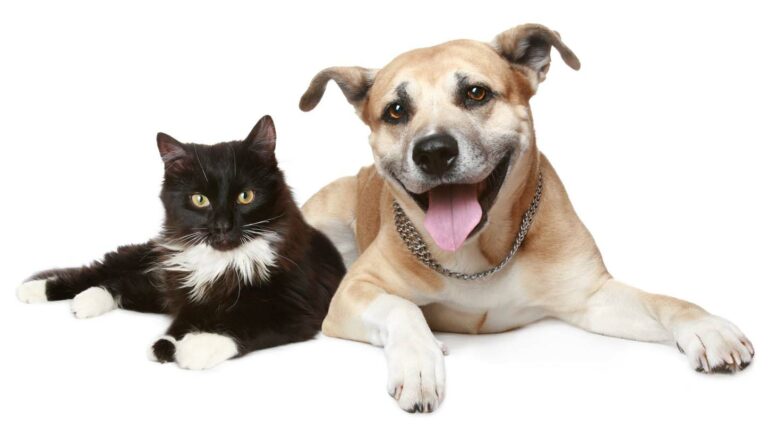The vast majority of dog and cat owners recognise the importance of vaccinating their pets, according to new research from welfare organisation NOAH.
According to the survey, 94% dog owners and 84% cat owners said their pets had been vaccinated, with 67% dog owners and 61% cat owners confirming vaccination as essential to protect their pet. NOAH commissioned data analytics group Kantar for the online survey, which questioned 760 cat owners and 750 dog owners in January about their most recently-acquired pet.
At the same time, however, some cat and dog owners felt vaccination was “unnecessary” as their pet was not ill, or did not know regular vaccinations were needed. Some owners also expressed other concerns – for cat owners, expense and pet stress topped the list, while for dog owners concerns about potential risks from vaccination, and not knowing anyone who had pets with diseases that are vaccinated against, were the most common findings.
The survey results were released as part of World Animal Vaccination Day on April 20, an initiative spearheaded by HealthforAnimals and the World Veterinary Association. NOAH represents the UK animal health industry with an aim to promote the benefits of safe, effective, quality products and services for the health and welfare of all animals.
Dawn Howard, NOAH chief executive, said: “Prevention of disease is at the heart of NOAH’s vision for animal health and welfare in UK farming. We are focussing on priority diseases and those conditions where increased uptake of vaccination can make a real difference to the level of disease across animal populations.
“It can be easy to forget the positive impact that vaccines have, because they continue to be successful at controlling disease in our pets, meaning we don’t see many cases. Yet disease remains out there: when vaccination rates fall below certain levels the risk of disease outbreak increases. By keeping the risk of infection at bay in the population, we can protect against animal pain and suffering, and the need for expensive and difficult treatments.”



